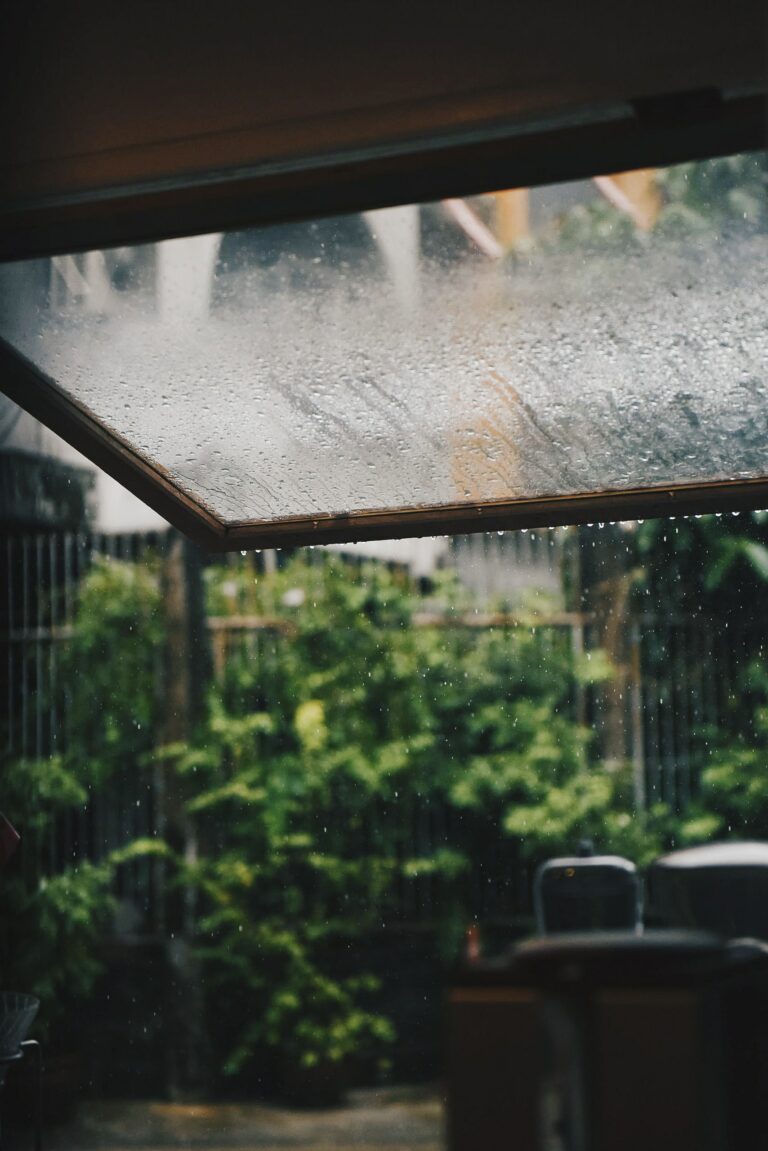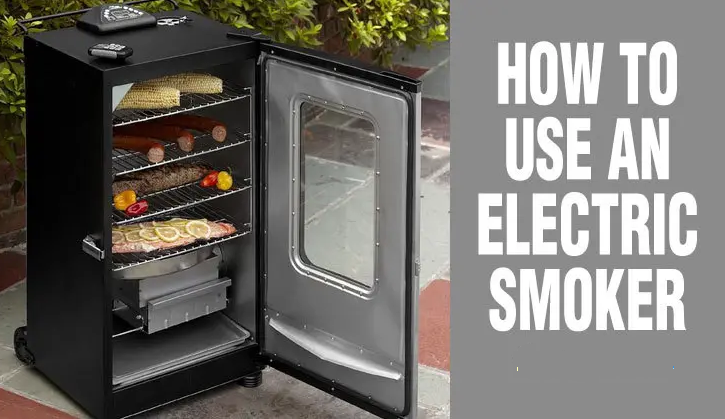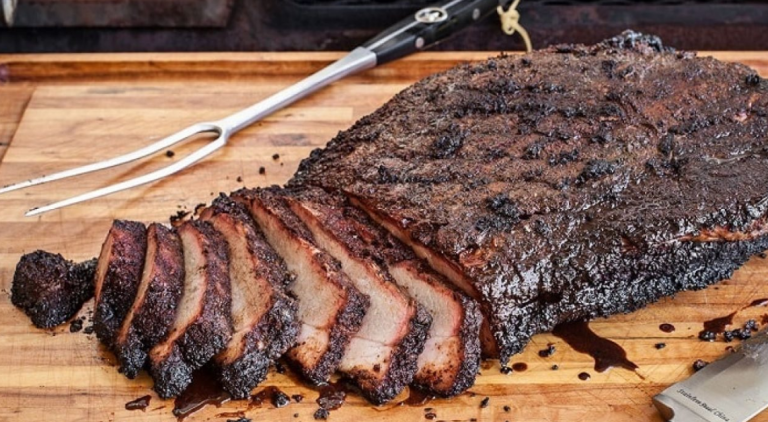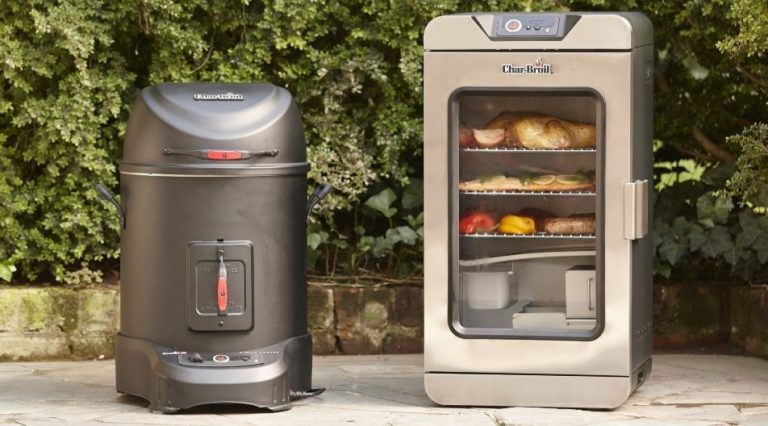Does Charcoal Go Bad? A Complete Review
The sun is out, your friends are around, let’s have a barbecue! So you throw some charcoal on the bbq, get some firefighters, strike a match and…… nothing. Why won’t it light? You have had the bag of charcoal in a corner of the garage for years so you start to wonder ‘does charcoal go bad?’
In this post, we will find out whether charcoal goes bad over time and if charcoal goes bad when it gets wet, but before that, we need to learn a thing or two about charcoal.
What is charcoal?
Basic charcoal is crafted through the artful act of burning carbon-rich materials, such as wood, in a low-oxygen atmosphere accompanied by intense heat. This incredible process, known as pyrolysis, brings forth the magical properties of charcoal.
During this transformational journey, volatile compounds such as water, methane, and tar gracefully evaporate into the air. As a result, the wood undergoes a marvelous decomposition, giving birth to a diverse array of substances, with elemental carbon taking center stage as the star performer.
The resulting charcoal possesses a range of remarkable qualities. Firstly, it ignites a longer-lasting flame, extending the joy of your fireside gatherings. Secondly, it ensures a more even burn, creating a symphony of warmth and illumination. And let’s not forget its impressive cleanliness, leaving behind minimal residue and providing a pristine experience compared to seasoned wood. As an added bonus, it’s delightfully lightweight, weighing only a fraction (1/5 to 1/3) of its original bulk.
If we were to describe wood charcoal, we would use words like brittle, lightweight, black, and porous, capturing its unique character and texture.
Wood charcoal, the embodiment of versatility, comes in two distinct forms: lump charcoal and briquettes. So whether you prefer the natural irregularity of lumps or the uniformity of briquettes, there’s a charcoal variety to suit your every grilling or fire-starting need.
Types of Charcoal
Here are given some important types of charcoal used in food industry.
1. Lump Charcoal

Lump charcoal is the purest charcoal made from hardwood. It is entirely natural charcoal made without any additives. It is eco-friendly and burns pure and hot. It lights up very fast and is the best charcoal for grilling and smoking food. It is a bit more expensive than other charcoal types.
Lump charcoal has gained a certain sense of “fashionability” within the barbecue community, often being hailed as the traditional choice due to its composition of pure carbonized wood. In contrast, briquettes are known to contain additives.
To draw a parallel, you could consider lump charcoal as the “organic” version of fuel for your grilling adventures.
However, it’s important to note that not all lump charcoal is solely derived from hardwood. Various materials, such as sawmill wood scrap, flooring materials, furniture, building materials, branches, forest scrap, and hardwood, can be used in the production of lump charcoal, as long as they undergo the carbonization process.
Based on my experience, each brand of lump charcoal offers a unique blend and composition, contributing to diverse flavors and characteristics in the grilling process.
2. Charcoal Briquettes
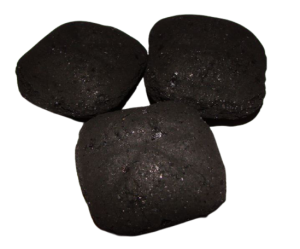
Charcoal briquettes are composed of small wood pieces and other organic material and contain additives like sawdust. They burn steadily and maintain a stable temperature. They produce acrid-tasting smoke when they first start to burn but it soon vanishes.
A charcoal briquette is crafted by combining a variety of materials to create a cohesive whole. Wood particles, mineral char (serving as the heat source), and sawdust (facilitating ignition) are blended and compacted to form a single briquette.
In addition, chemical additives are frequently incorporated into the mixture. These additives play a crucial role in shaping the briquette, making ignition easier, and controlling burn rates.
The most commonly used additives include:
- Limestone – Serves as an ash whitening agent.
- Starch – Functions as a binder, holding the ingredients together.
- Borax – Assists in releasing the briquette from the mold.
- Sodium Nitrate – Aids in ignition, accelerating the combustion of combustible materials.
- Paraffin – Facilitates ignition, helping to start the briquette burning.
- Petroleum solvents – Contributes to ignition by aiding the initial combustion process.
Furthermore, it’s not unusual for “instant-light” variations of briquettes to be sprayed with a hydrocarbon solvent before packaging, ensuring convenient and swift ignition when needed.
Does Charcoal go bad?
Charcoal doesn’t go bad unless you fail to store it properly. Charcoal is a highly stable substance and doesn’t need too much care for it to be stored successfully. It will be able to get through most mishaps unscathed but if it gets too wet then you are going to have trouble getting it lit.
More worryingly, some types of charcoal can ignite due to an unstable chemical used in its composition.
If you have a lot of charcoal, try to store it properly. You can also use some chemicals to prevent charcoal going bad if you have no use of it. Charcoal doesn’t expire unless it’s burnt properly.
Both lump charcoal and charcoal briquettes can absorb moisture affecting their quality. Do not forget that lump charcoal has an indefinite shelf life.
How to Store Charcoal?
There are different ways to store your charcoal. These ways will not cost you much cash or take up much space.
- Prevent charcoal from water
- Use a dry container
- Place charcoal in humid free area
1. Prevent charcoal from getting wet
Water and charcoal does not go together at all. Water can reduce the quality of the charcoal (both lump and briquettes). Don’t let the water reach anywhere near to the charcoal. Always keep it in safe dry place.
2. Use a dry container
If possible, having a dry container will be of much help for storing charcoal. It will keep the charcoal sealed in a dry place so no chance of it going bad.
3. Place charcoal in low humidity area
Humidity can slowly spoil your charcoal as its cancer for it. Store charcoal in a place with low moisture and humidity to protect the quality of it.
How to Choose a Container and Storage Spot for Charcoal?
Choosing a Container
Choosing a container for your charcoal isn’t a difficult thing to do. You just need to decide what type of container will go best with it. There are plastic containers and metal containers. The metal container is not porous and is fireproof. It will prevent the moisture from entering into the container and will protect your charcoal. The downside of a metal container is rusting which can be avoided if you place it somewhere dry and raised off the ground
An air-tight plastic container can also be used for storing the charcoal. It works best for long-term storage. Seal the plastic container with aluminum duct tape after placing charcoal in it. Now toss a handful of silica packs into the container to absorb excess moisture.
Where Should You Store Charcoal?
An out shed is a great place to store charcoal. Place the container away from door and window after sealing it.
Avoid direct sunlight as much as you can. Choose a place which doesn’t expose it to excessive heat even during summer. Choose an area that is cool but not moist.
The basement is another good place for storing charcoal. The use of a dehumidifier is always recommended before storing charcoal.
You can check the “Best Charcoal for Smoking here“.
How long does charcoal last?
A lump of charcoal usually lasts for three to four hours in case of a closed grill. The total lasting time of charcoal varies depending on many factors. Charcoal briquettes usually last for longer than lump charcoal. In case of an open grill, it will give you a burn time of 45 minutes on average.
Charcoal will last indefinitely as long as it is stored in a good container and kept in a cool dry place. Charcoal with Mesquite has a shelf life of 1–2 years if stored properly, meaning the bag is unopened, free of tears or sealed tightly.
Can you reuse charcoal?
If you want a short answer than yes, you can reuse charcoal. You can and should reuse your charcoal, and save your money. Being able to reuse charcoal is a nice advantage of using a charcoal smoker over other types of grill. Once you have finished cooking, it is a good idea to shut off the vents completely and extinguish the burning charcoal. By doing this, you’ll be able to save as much charcoal as possible for your next cook.
Charcoal briquettes are also reusable if you ignite them properly. These smaller coals nestled tightly together, greatly restricting airflow and delaying or even preventing the coals from igniting. However, we found that it does work to replace up to half of the fresh coals called for in a recipe with used coals.
Does Charcoal Absorb Moisture?
Charcoal does absorb moisture mainly from the air. All kinds of charcoal are no exception to it. Moisture is cancer for charcoal. Make sure you make arrangements to keep the moisture away from charcoal. Place charcoal in the can and put the lid on. Place in the areas of your house that get the most humidity, such as bathrooms, basements, closets, attics or sun rooms.
You can use dehumidifiers for this purpose. To make one, just put some charcoal briquettes in a coffee can, punch a few holes in the lid, and place in the humid areas. Replace the charcoal every few months.
Does Charcoal Go Bad? Final Thoughts
So, in short, charcoal does not go bad.
Charcoal, being primarily composed of elemental carbon, does not have an expiration date or go bad in the traditional sense.
Its indefinite lifespan makes it a reliable fuel source for various purposes, including grilling, heating, and more.
However, it’s important to consider certain factors that can affect the quality and performance of charcoal over time. If you use briquettes, the additives they contain may degrade or lose effectiveness, potentially impacting their performance.
Additionally, charcoal’s porous nature makes it susceptible to moisture absorption, which can hinder its ignitability and overall performance.
To ensure the best results, it’s recommended to store charcoal in a cool, dry place, protecting it from moisture and ensuring proper airflow. By taking these simple precautions, you can maximize the longevity and functionality of your charcoal, allowing it to serve you well in your outdoor cooking and other charcoal-related activities.
So, while charcoal itself doesn’t spoil or expire, it’s essential to store and handle it properly to maintain its optimal performance and make the most of its enduring qualities.

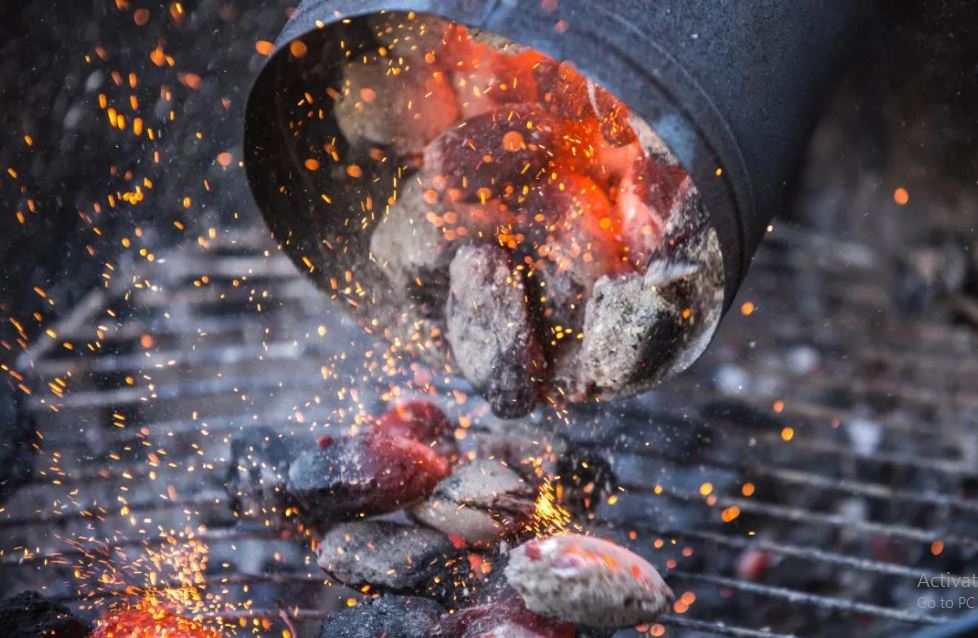
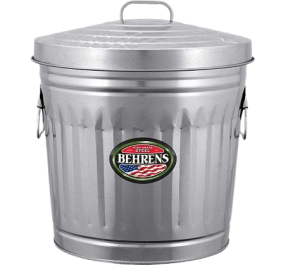
![How to Check the Accuracy of a Thermometer [complete guide]](https://pitmastering.com/wp-content/uploads/2021/05/How-to-Check-the-Accuracy-of-a-Thermometer-1-768x524.jpg)

